Tuesday, May 17, 2022 / 9:26 AM / by FDC / Header Image Credit: FDC
The NBS released its official inflation report for April today. As widely expected, consumer price inflation continued its upward trend, rising by 90bps to 16.82%. This is the 3rd consecutive monthly increase and the highest level in 8 months. While the persistent rise in inflation was widely anticipated, the slope of the curve is much steeper than most analysts expected. Bloomberg analysts’ mean estimate was 16.4%.
Unlike in the previous month, prices increased across both the food and nonfood baskets. This is due to the combined effects of seasonality (planting season & Easter demand), exchange rate pass-through and higher energy costs. Diesel, which is the most widely used fuel for power generation and logistics, is currently being sold at N650/litre, 209.5% higher than a year ago. It is important to note that the continued payment of petrol subsidy is limiting the full impact of rising global energy prices on domestic inflation.
Will the MPC continue with its status quo ritual?
The monetary policy committee of the CBN will be meeting next week. While the sharp rise in inflation will embolden the hawks among the committee, policy makers will also take into consideration the Q1 GDP result which is scheduled for release before the end of the week (May 20). If the numbers come in lower than expected, the CBN would be forced to tread cautiously, continuing with its status quo ritual.
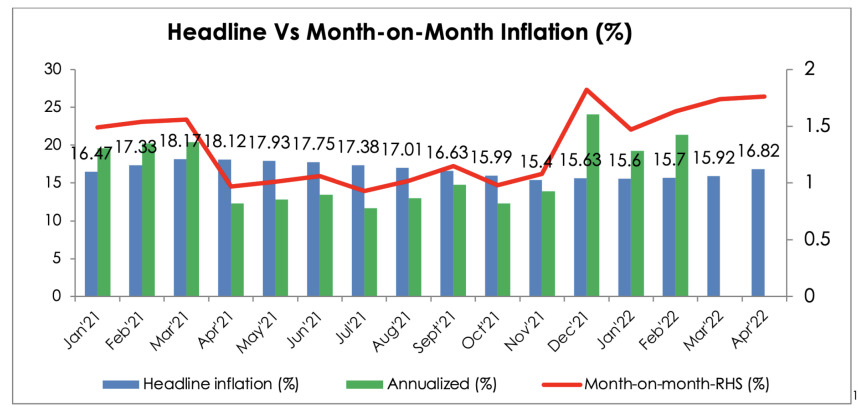
How sustainable is a partial equilibrium approach?
Nigeria has consistently adopted a partial equilibrium approach, addressing issues in silos. Partial implementation of reforms especially in the forex market, power and petroleum sectors is yielding less than desirable outcomes and limiting impact on economic agents. Policy makers will have to take the bull by the horn in the implementation of reforms and ensure proper policy coordination to achieve a dynamic general equilibrium.
Monthly inflation up 0.02% to 1.76%
Month-on-month inflation recorded an increase of 0.02% to 1.76% (23.19% annualized) in April from 0.11% to 1.74% (23.15% annualized) in March. This was largely due to cost pressures.
Food inflation climbs 1.17% to 18.32%
The annual food composite price index climbed by 1.17% to 18.32%. On a monthly basis, the index rose by 0.01% to 2.00%. The surge in food inflation was driven by a combination of tight supply stemming from global commodity supply disruptions, and rising demand due to festivities (Easter celebrations). The planting season effect also likely played a role in the uptick in food prices.
Core inflation rises 27bps to 14.18%
Both the annual and monthly core inflation subindices recorded increases in April. The annual sub-index rose by 27bps to 14.18% while the monthly sub-index increased by 24bps to 1.22% from 0.98% in March. This largely reflect the impact of higher energy costs particularly diesel. Most businesses run diesel powered generators in Nigeria. The surge in diesel prices is worsening operating expenses and stoking inflationary pressure.
Urban-Rural differential up marginally by 0.01%
The urban and Rural inflation rates both recorded increases in the month of April. On an annual basis, Urban inflation increased by 0.91% to 17.35%, while it rose by 0.02% to 1.78% on a monthly basis. The rural sub-index saw an increase by 0.90% to 16.32% while the monthly sub-index rose marginally by 0.01% to 1.74%. Meanwhile, the urban-rural differential rose marginally to 1.03% from 1.02% in March.
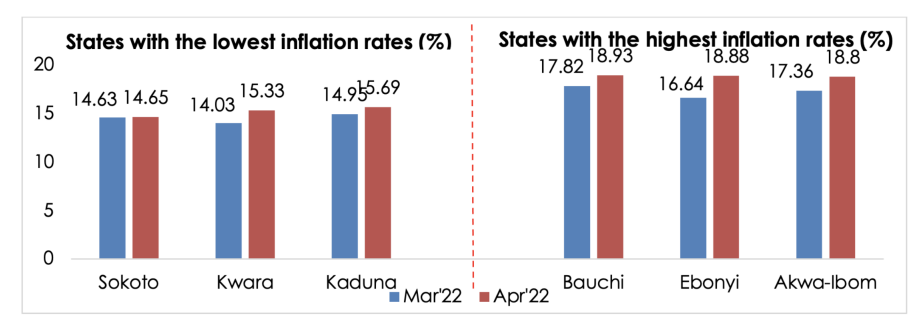
State-by-state analysis
Bauchi recorded the highest inflation rate in April (18.93%), followed by Ebonyi (18.88%) and Akwa ibom (18.80%). The states with the lowest inflation rates are predominantly in the North - Sokoto state (14.65%), Kwara (15.33%) and Kaduna (15.69%). The current religion crisis in Sokoto state could disrupt food supply chain especially grains. This will mount more pressures on food prices in the coming months.
Sub-Saharan Africa: inflation here! inflation there!! inflation everywhere!!!
Inflation has become a regional and global phenomenon. Of the Sub-Saharan African (SSA) countries under our review, four recorded higher inflation rates in April while two posted declines. The surge in inflation was driven by volatility in the global prices of food and energy commodities, triggered by the lingering Russian-Ukraine crisis.
Despite the spike in inflation, most African countries-maintained status quo at their last meetings. This is to support the current fragile economic recovery. But time will tell if the current monetary policy stance is sustainable in the face of quickening inflation.
Rising Inflation – Policy Impact
The monetary policy committee of the CBN will be meeting next week. The unrelenting rise in inflation supports the argument for a rate hike. However, policy makers will not be oblivious of the fragile state of the economy. Hence, will take into consideration the Q1 GDP data which will be released on May 20. If the numbers come in lower than expected, the CBN would be forced to tread cautiously, continuing with its status quo ritual.
 Lagos, NG • GMT +1
Lagos, NG • GMT +1










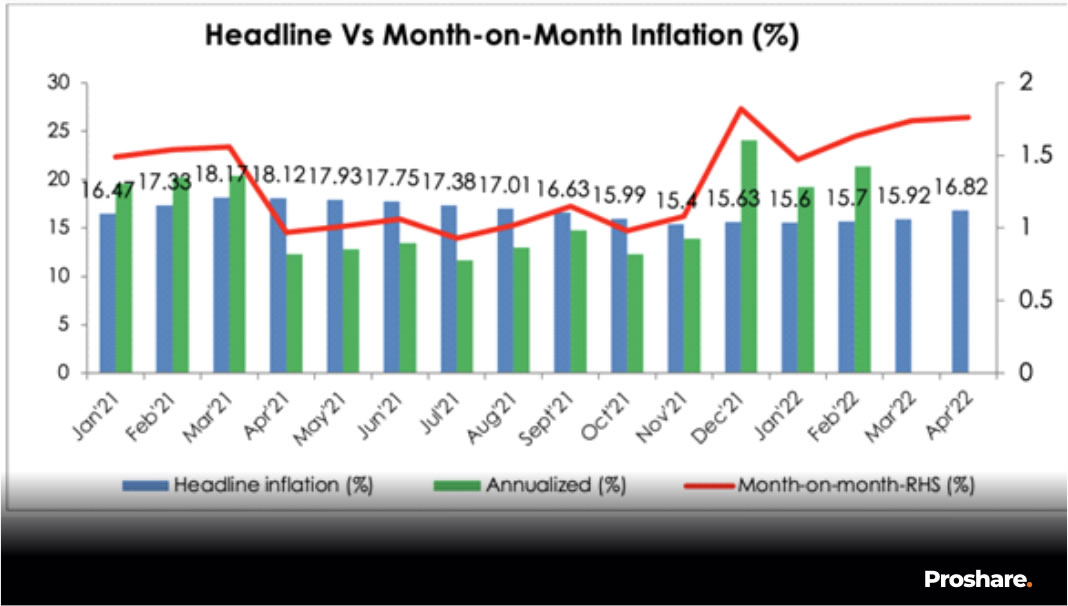
 424 views
424 views
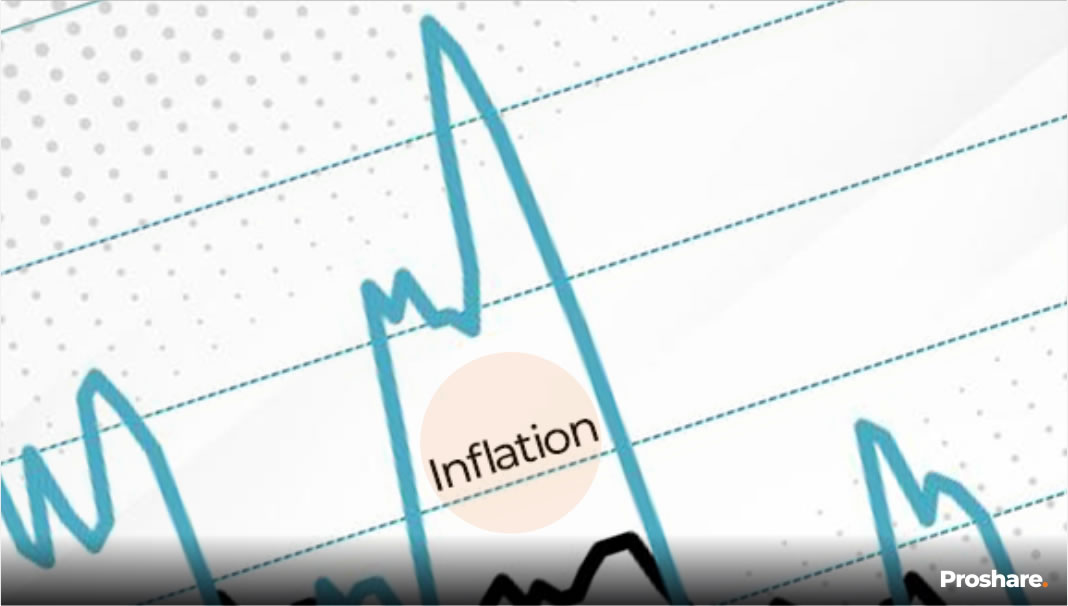
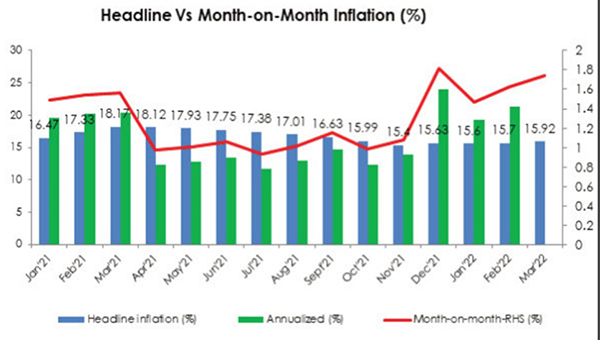
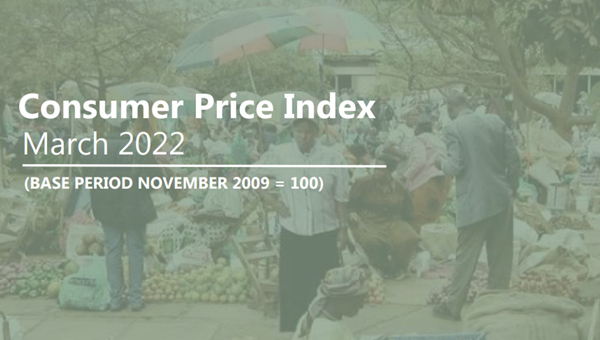
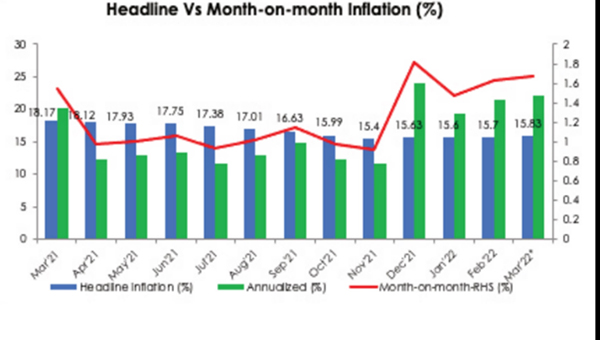
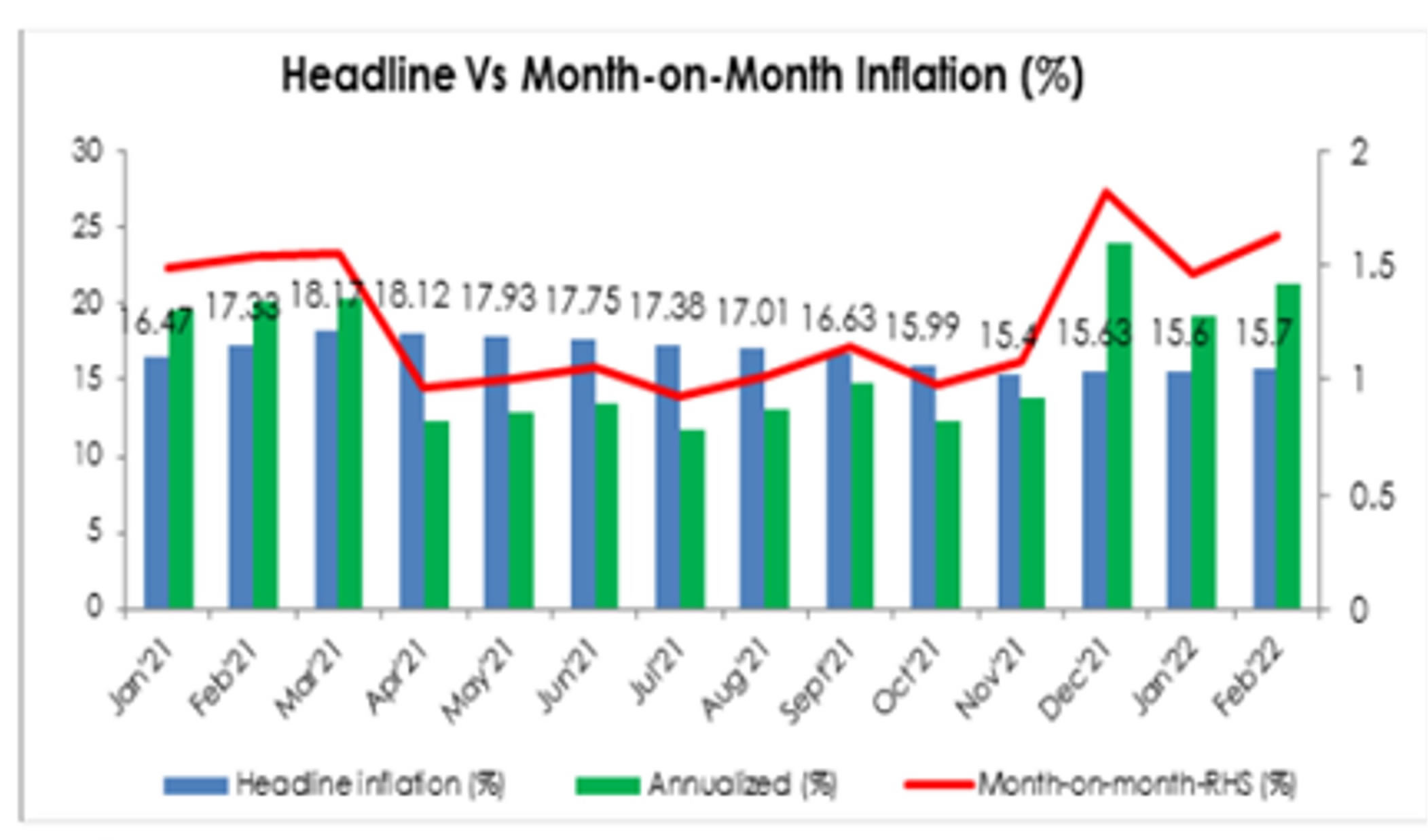
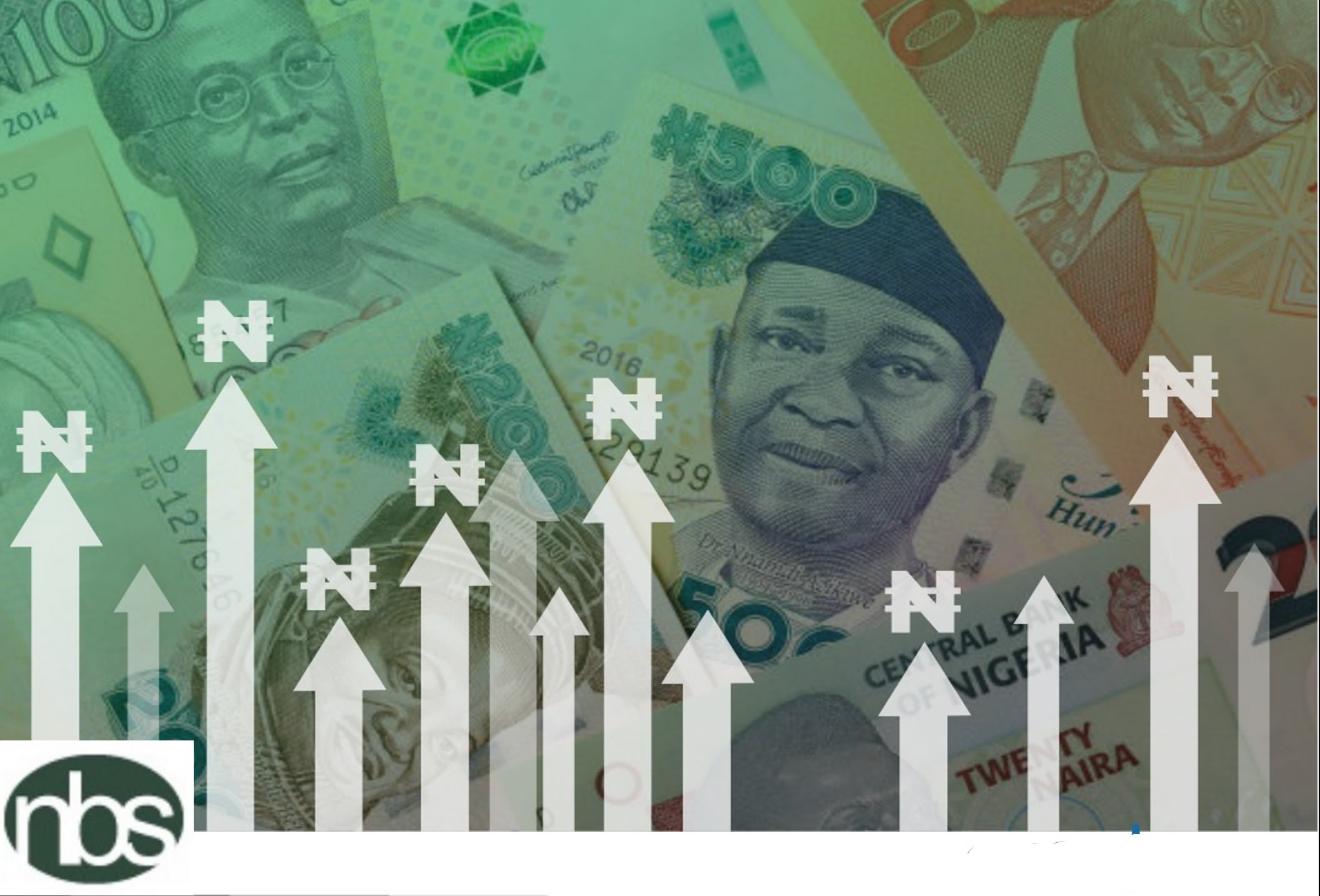
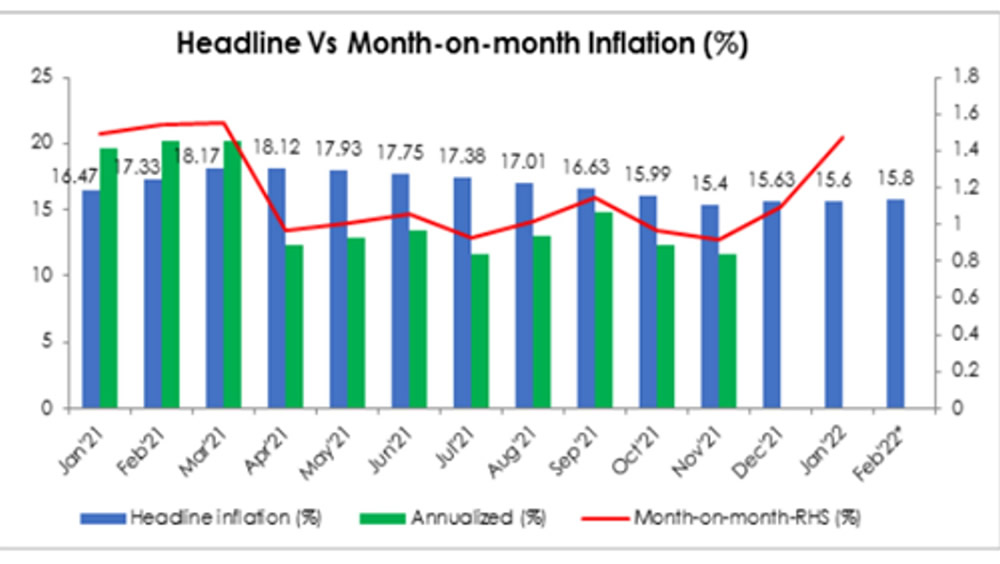
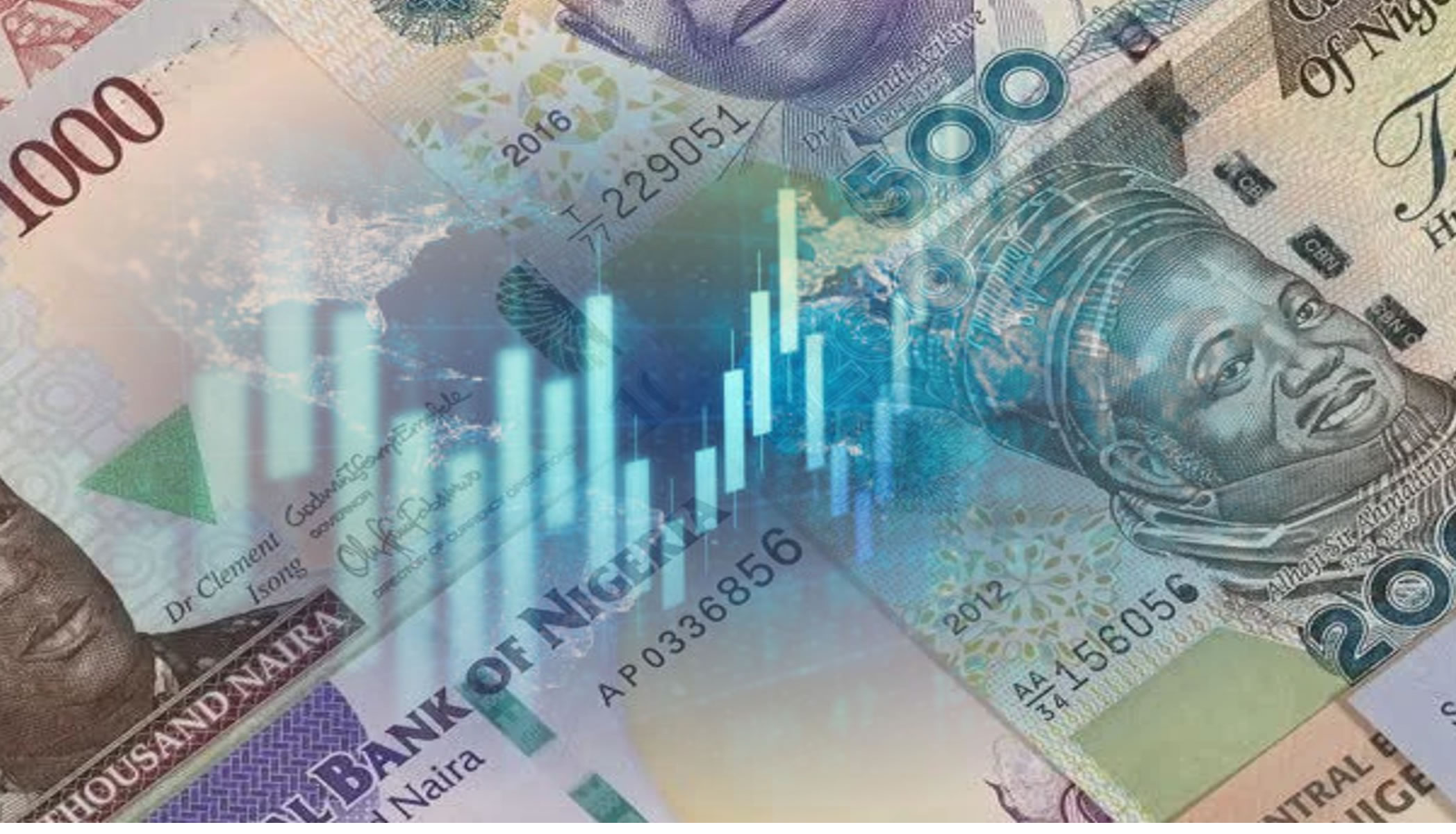





 Sponsored Ad
Sponsored Ad
 Advertise with Us
Advertise with Us









